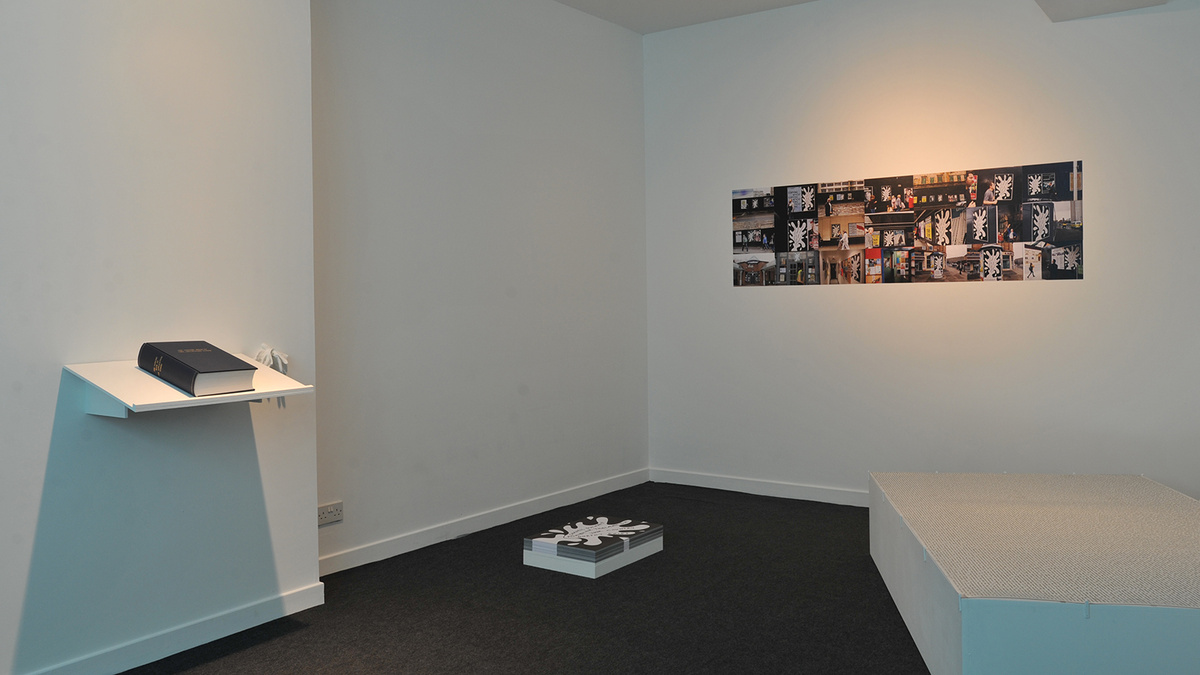Mother Tongue
Germans, Speak German!
Sat 10 March — Fri 30 March 2012

Germans, Speak German
The German concept of heimat – an indefinable and largely untranslatable concept of a persons’ homeland, a world within another which binds a person to a specific place by birth, childhood, lineage and language – constitutes the individuals self and collective identities, mediating between the provincial and national. Heimat was born out of necessity; a reaction to the onset of modernity, loss of individuality and meaningful community. Attempts at a translation in to English, such as motherland, birthplace, homeland and hometown, fail to capture the totality of the terms’ multitude of meanings. It is important to consider, therefore, the historical discrepancies between Germanic and Anglophone nations that have caused such incomprehension to occur. In doing so, it becomes apparent that heimat exists as a paradox; formed out of the specificities of its origin, which it has itself further shaped and altered by its shadowy presence. As Peter Blickle asserts: ‘the idea of Heimat is both part of the development toward a German nation-state and the expression of an uneasiness with everything that goes along with this development - capitalisation, industrialisation, politicisation.’[1] If we consider heimat in terms of its facilitation of the rise of the German state – via provincialism and regional dialects - then it is its’ emphasis on rootedness and belonging that are most significant.
Outwith the study of heimat, there continues to be a wealth of discussion surrounding spiraling mobility levels and the freedom afforded to us by globalisation, with a particular emphasis on migrants as they journey outwards and the trauma experienced upon arrival at one, or multiple, host nations. Such a focus erases a consideration of those who have remained (voluntarily or otherwise) in their home country. Faced with the void of family, friends, work colleagues or members of the local community who have left in search of better prospects, the confinement of those remaining in the homeland often acts as the impetus for a sense of wanderlust (a strong impulse or longing to travel) or fernweh (an aching for distance). Critical discourse has until recently neglected the power-geometry of such mobility, a phenomenon not as evenly spread as would first appear. Germans, Speak German! aims to explore current migration issues - such as the border zone, the state of nationalism in Europe at present and the personal endurance of physical uncertainty in light of ever-increasing levels of bureaucracy – via the history and interpretations assigned to heimat.
[1] Blickle, P.; Heimat: A Critical Theory of the German Idea of Homeland, 2004, p.48
The last show in the Vanguard series dedicated to early career curators.